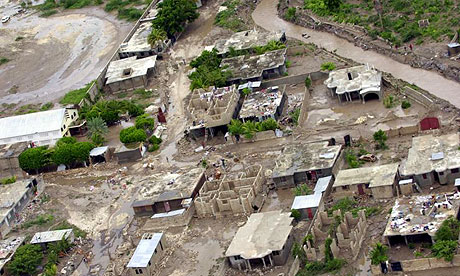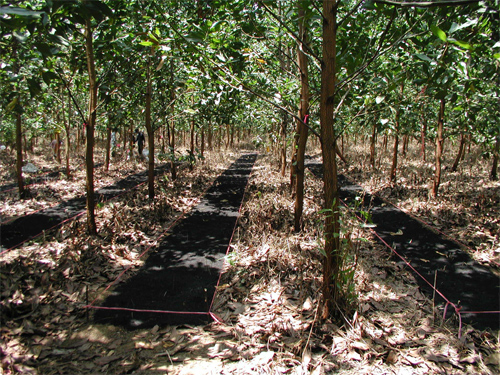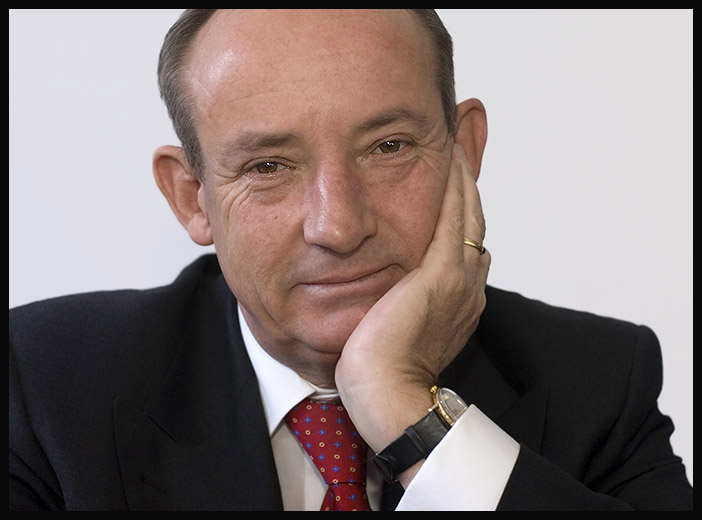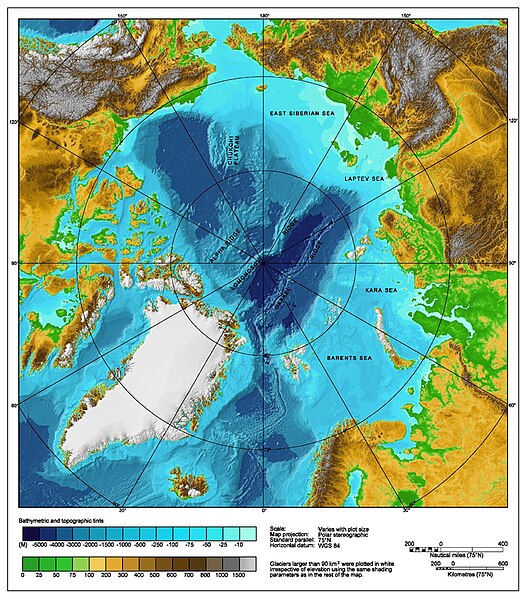
Economist Lord Stern has said he is optimistic a global deal to reduce carbon dioxide emissions will be struck under Barack Obama's US presidency.
Lord Stern, who was behind the first detailed economic assessment of the impact of climate change, said US and Chinese agreement to a cut was crucial.
President George W Bush's climate views were "prehistoric" and had been seen as an obstacle, Lord Stern told the BBC.
But many now believed the new president could take a lead, he said.
"He's night and day on this issue relative to his prehistoric predecessor George Bush," Lord Stern told the BBC's Today programme's guest editor Jarvis Cocker. More >>>
















































